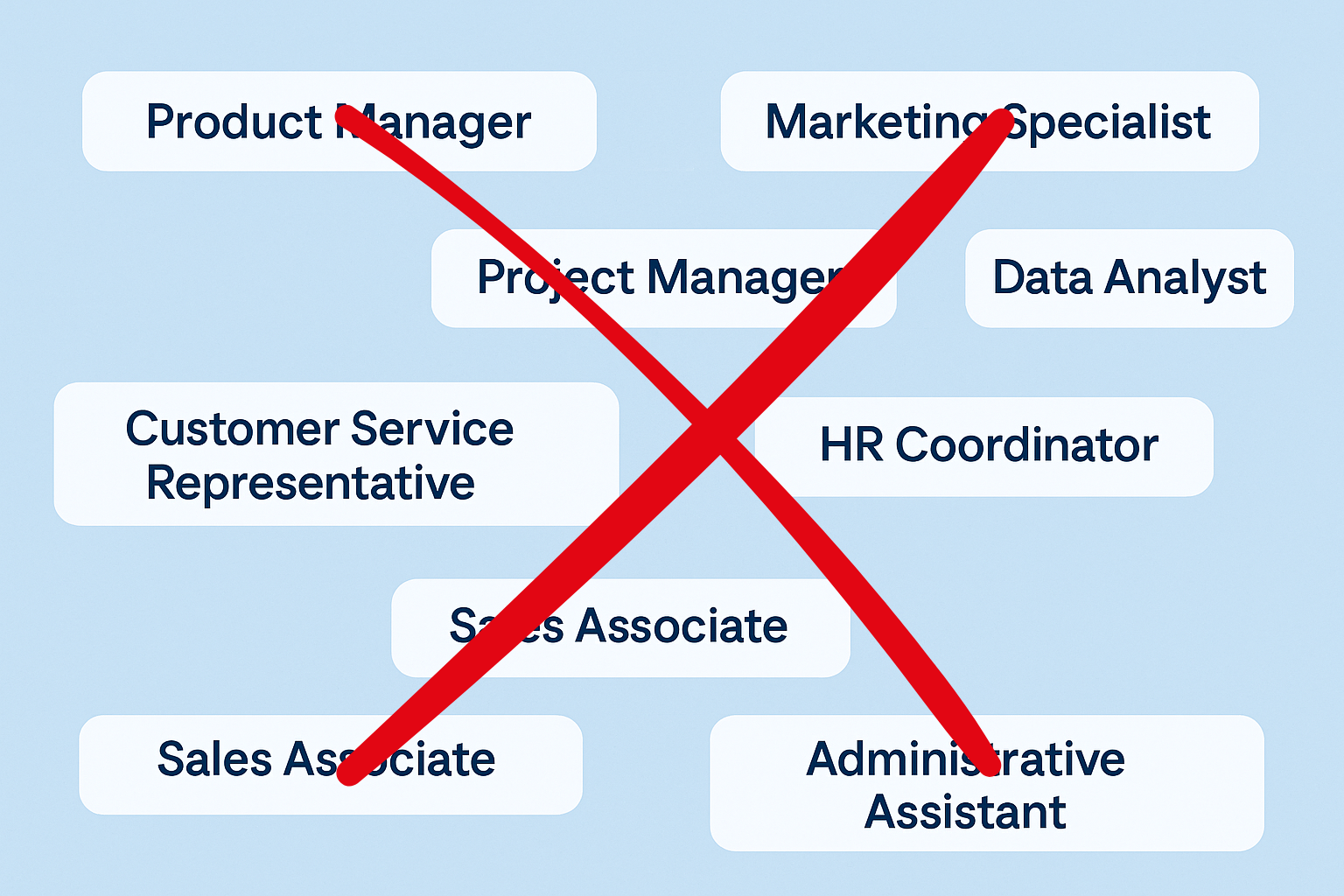A widespread misconception about why employees change jobs is that they were dissatisfied with the pay rate. Sometimes, there is truth to that, but often quitting a job is more deeply rooted, and is rarely done on a whim. According to an August 2018 Gallup report, 53% of worker engagement is little to none in an organization. If they are not “cognitively and emotionally connected to their work and workplace”, the chances of them leaving for a slightly better offer is high. But why does that happen at all? How are you able to tell if an employee is not engaged? This is important to an organization for employee turnover and more often than not there are subtle reasons. Another common myth is organizations believing that the employees will stay with them through a "grace period". However, that trend is slowly reducing, and more transparency at the workplace helps an employee decide whether they want to work there or not. The question then boils down to one thing only, why do employees change jobs? Is there one particular reason? As an employer do you have any control over it? Here are reasons to help you diagnose why job satisfaction in your company might not be the best at the moment. Poor management is one of the main reasons why employees quit or change jobs. Most managerial positions are usually handed over to people who have experience and have worked at the organization for a long time. However, sometimes organizations make the mistake of promoting the wrong people. This mistake can prove costly for the company as a whole. A managerial position requires skills such as interpersonal communications and technical skills to perform their job successfully. A difficult executive or manager will only result in low job satisfaction for the particular department. In addition, this leaves the employees frustrated and feeling like they are not being heard. The key to people management as a leader is to focus on employee engagement. You can do so through strategies like shadow boards and use clear checklists about the improvements to the team through constructive means. As a company, you also must help and train managers to turn into leaders so that your employees don't change jobs so frequently. People often say an easy job is a great way to ensure employee retention, but surprisingly it is not the case. This is true, especially for young people who have just entered the market and are looking to adjust to a new workplace. No one wants to feel bored and unchallenged at work. Employees want to enjoy their job. A job takes a lot of effort, commuting to and from, getting ready, and doing this consistently for 5 days of the week. Even if they don't do something interesting at work, this alone is an effort that should lead to something meaningful and challenging. Often employees aren’t able to see how they are contributing to the company’s goals, or if they are doing so at all. This can seriously affect employee turnover. If their deliverables and key contributions aren't fully discussed, chances are they might feel like their hard work is not doing a lot for the company, and is all meaningless. Managers also assume that employees understand their contributions to the company's vision. However, unless communicated, there is a high chance they are confused about their role. If you don't help them understand how they are an integral part of the team, you might end up losing them. In a leadership position, your task is to work closely with employees and ensure that they are engaged and excited about their tasks and projects. This is not only great for employee retention but also represents an opportunity to create and exchange new ideas. An ideal workplace is somewhere an employee feels safe to express ideas, engage in healthy competition, and form relationships that are helpful in career progression and professional growth. However, the onus of having a healthy company culture does not only fall on the employees. As a leader, you have to ensure employees’ physical and mental wellbeing. However, you cannot control everything that goes on at the office. You’re going to be met with the occasional clashing, competition, and gossip. But it only becomes a problem when employees change jobs because of it or start leaving. A workplace can be flexible with timings, generous with leaves, but if the culture is toxic, people will not feel inclined to come to work as much. Job satisfaction is intrinsically related to the company culture. Employees might even feel like they can’t take leaves because they need to be at a competitive advantage over their coworkers. This unhealthy competition leads to exhaustion and burnout. A consistent work-life balance is likely to reduce employee turnover. There are chances that an employee might feel like what once inspired them no longer feels exciting. This might lead to them looking for a new job to feel passionate about the work they do once again. Creating opportunities for meaningful work is just as important as giving any work at all. Try to align your values with your workers. Startups have taken the world by storm. They are said to be the future of all entrepreneurial ventures. However, what is most attractive about a startup is its unorthodox ways to manage a team. Employees are likely to be interested in the way startups treat their employees and how flexible rules they can be. This can prove a strong competition for your company. To overcome this, do your research and understand how startups create a community culture and incorporate that in your daily dealings with employees. All in all, employee retention is one of the major reasons why a company grows successfully. A study revealed that replacing a highly talented employee will cost a company 200% of the employee’s annual salary. If an employee is unable to trust the management of a company, they will not be able to fully commit to the vision or values of the company either. More often than not, another offer somewhere else that is even a little bit tempting will sway them towards the next job. This is not because of the salary, however, even if that is the case, chances are the other factors at the company they currently work for aren’t up to par, thus choosing a better paying job is likely going to be more attractive. Employee turnover is dependent upon factors that make a job well-rounded and hard to resist. The goal is to create an environment that employees appreciate and want to keep coming back to. 1. Bad Management
2. Feeling Unchallenged

3. JOB SATISFACTION = Company Culture
4. Feeling Uninspired
5. Attractive Startup Culture
Takeaway
Top Reasons Why Employees Change Jobs

Recent Articles

24-Dec-2025
Looking Back at 2025: Gratitude, Grit, and a ...
As 2025 ends, it feels less like an ending and more like a pause. A moment to breathe and reflect. A moment to look around. A moment to acknowledge th...

08-Dec-2025
The End of Job Titles: Why Skills, Outputs, a...
Recently, a business column made an unusual observation - several Fortune 500 companies quietly removed 40+ job titles from their internal systems. Ti...

17-Nov-2025
Hiring For Energy And Outcomes Over Culture F...
This week a headline made the rounds in HR circles: companies are retiring “culture fit” and switching to “culture add.” Their argument is, hi...

